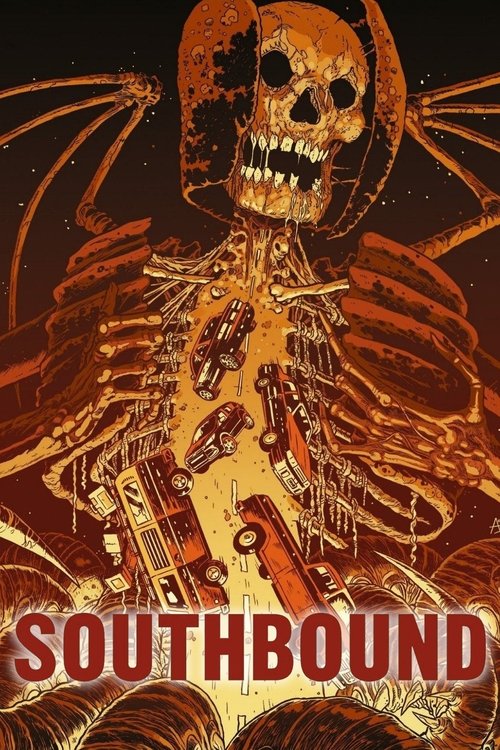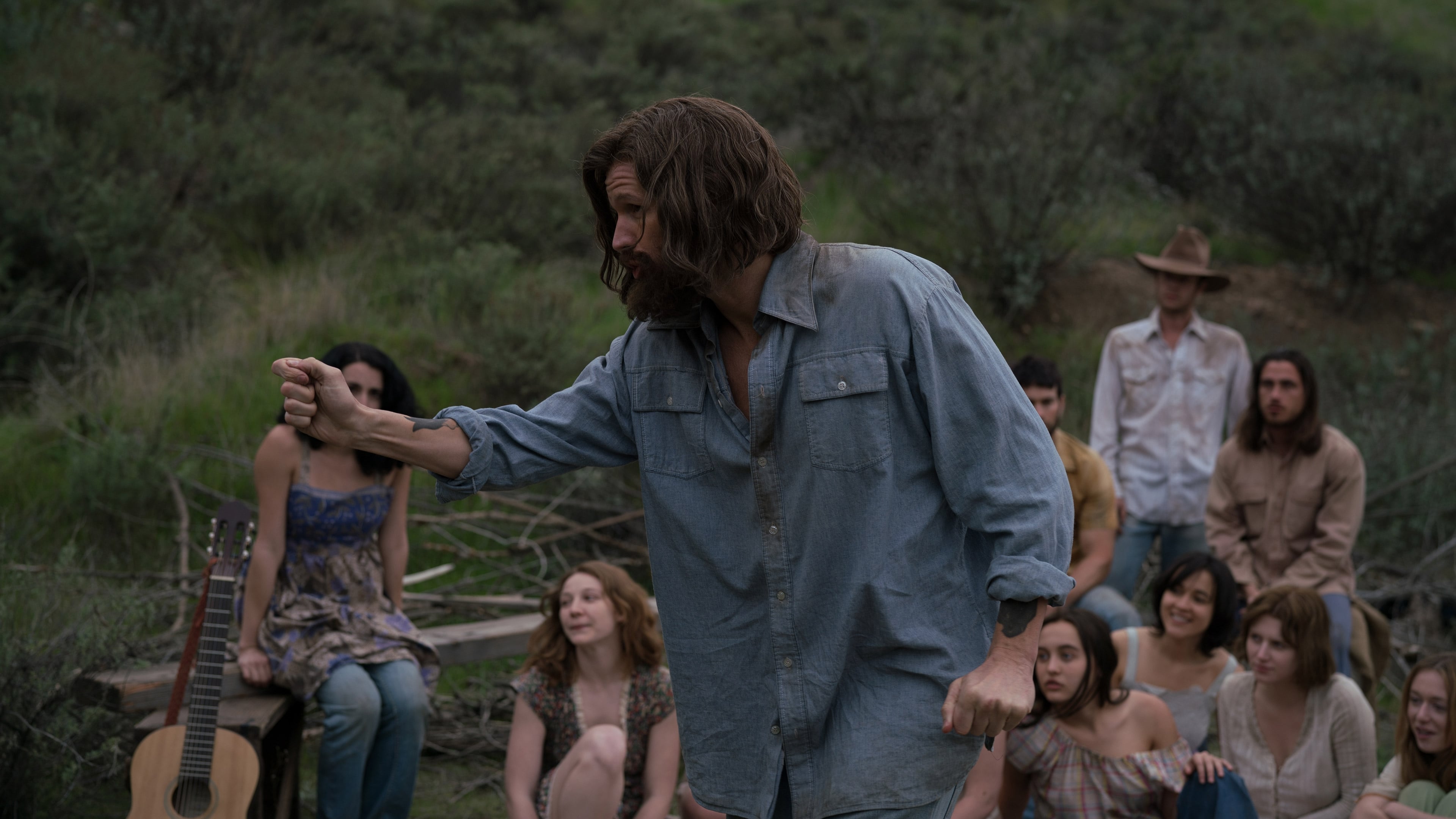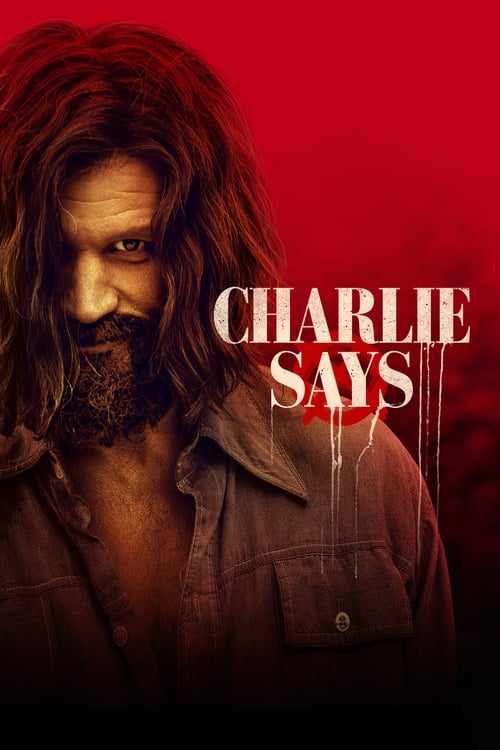Summary
Three young women were sentenced to death in the infamous Manson murder case, but when the death penalty was lifted, their sentence became life imprisonment. One young graduate student was sent in to teach them – and through her we witness their transformations as they face the reality of their horrific crimes.
Cast
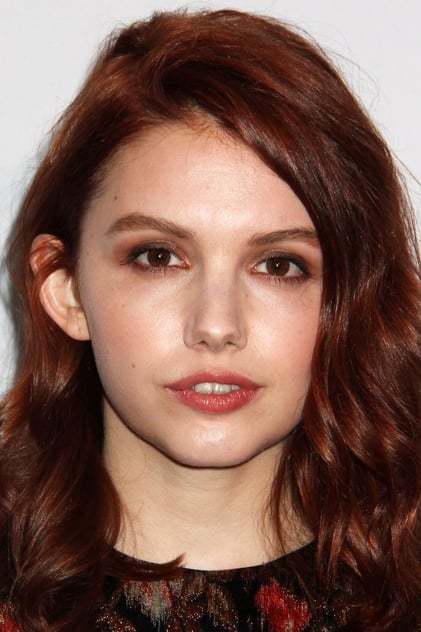
Hannah Murray
Leslie Van Houten
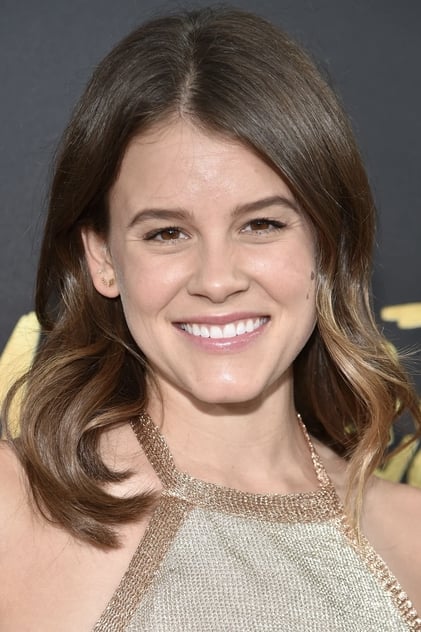
Sosie Bacon
Patricia Krenwinkel
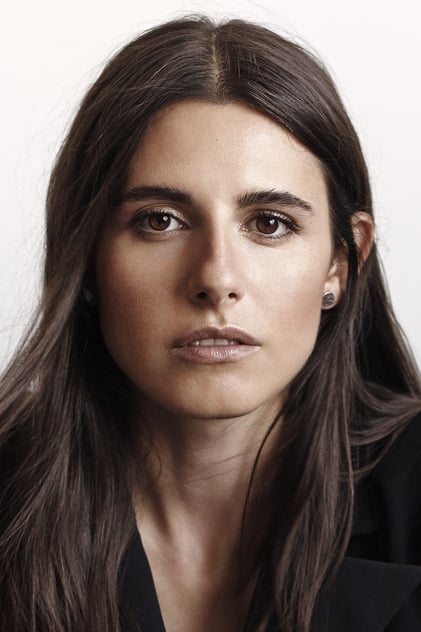
Marianne Rendón
Susan Atkins
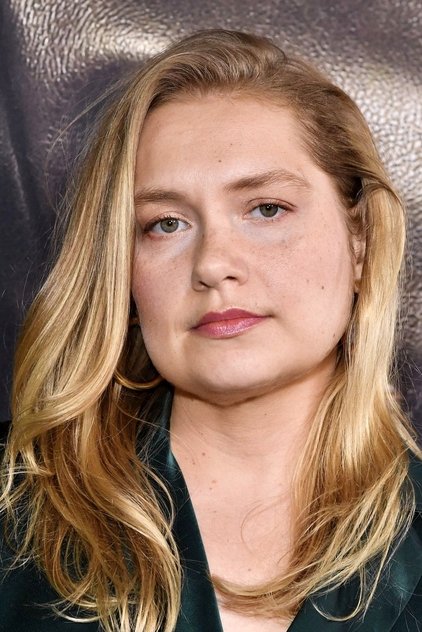
Merritt Wever
Karlene Faith
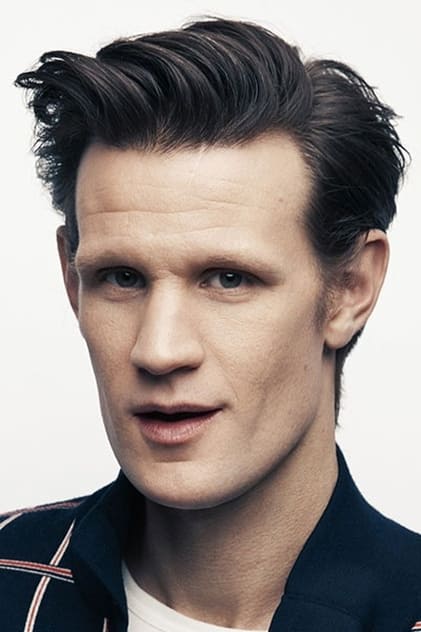
Matt Smith
Charles Manson

Suki Waterhouse
Mary Brunner
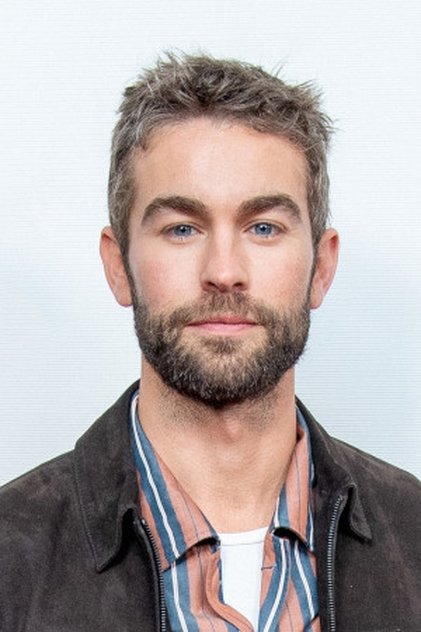
Chace Crawford
Tex Watson
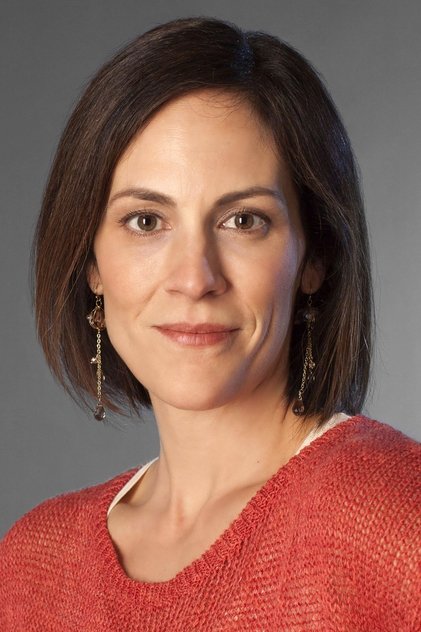
Annabeth Gish
Virginia Carlson
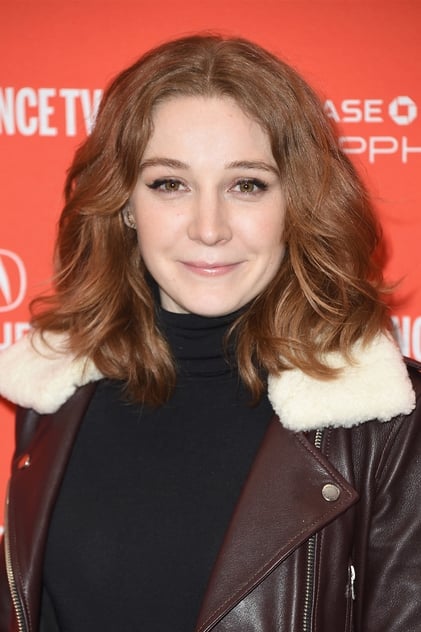
Kayli Carter
Lynette 'Squeaky' Fromme
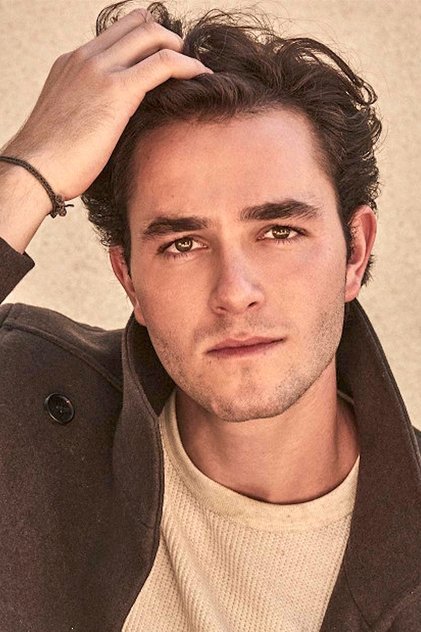
Cameron Gellman
Bobby Beausoleil
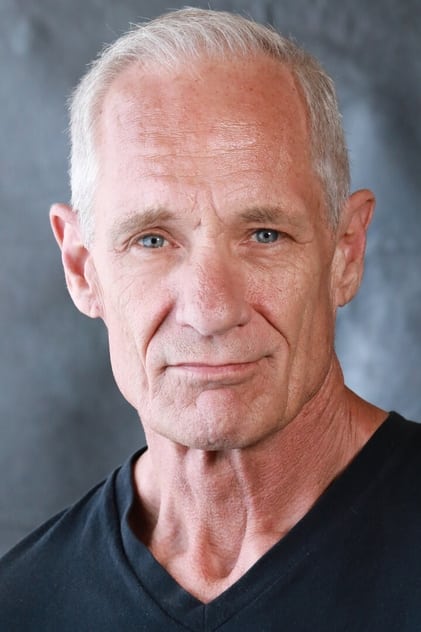
Matt Riedy
Police Chief Davis

Grace Van Dien
Sharon Tate
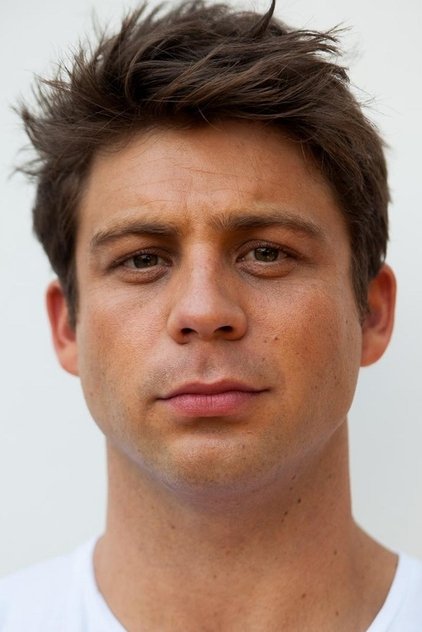
Lindsay Farris
Jay Sebring
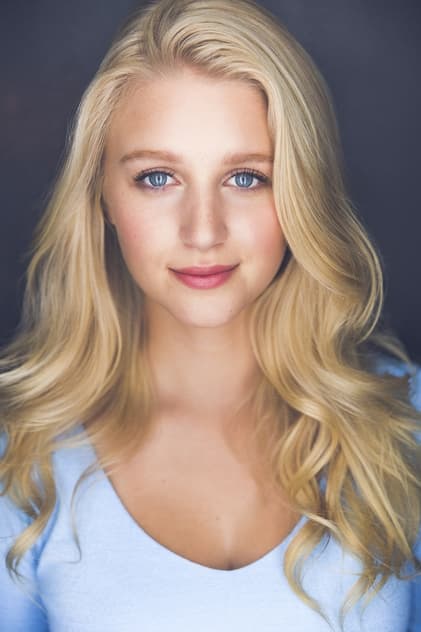
Julia Schlaepfer
Sandra Good
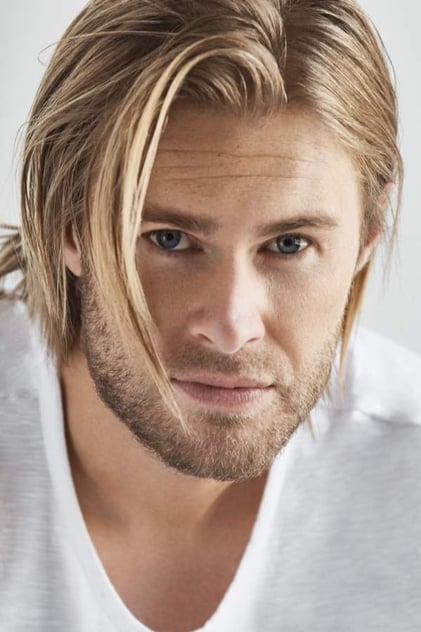
James Trevena
Dennis Wilson
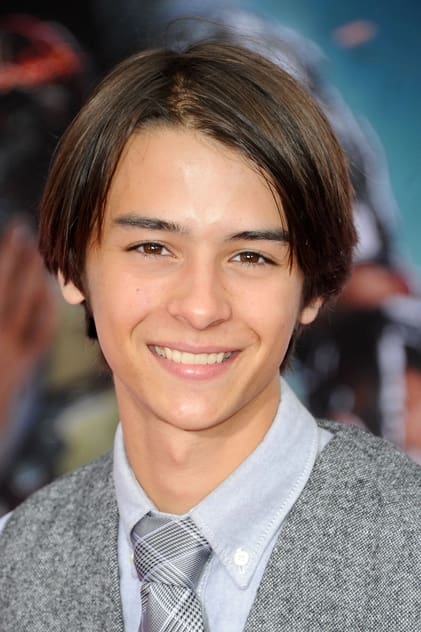
Bridger Zadina
Paul Watkins
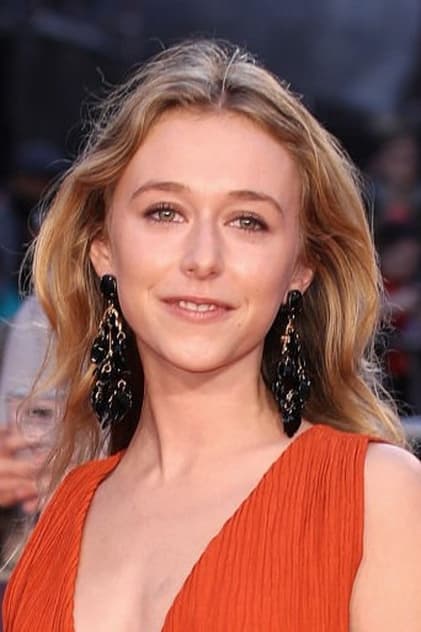
India Ennenga
Linda Kasabian
Dan Olivo
Leno LaBianca
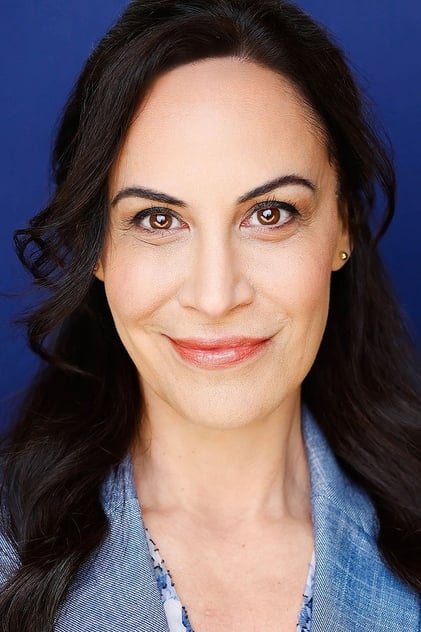
Jackie Joyner
Rosemary LaBianca
Morgan Melton
Ruth Ann Moorehouse
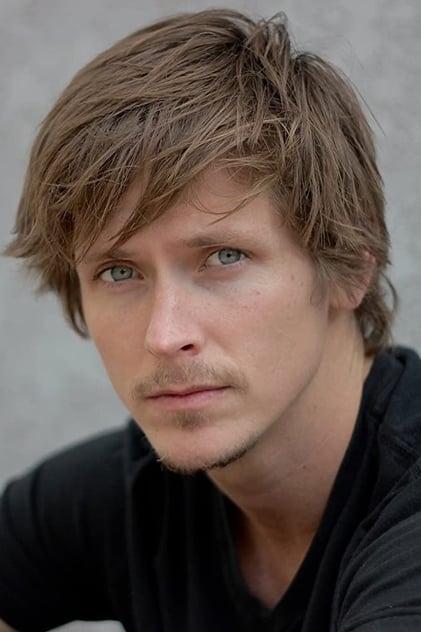
Bryan Adrian
Terry Melcher
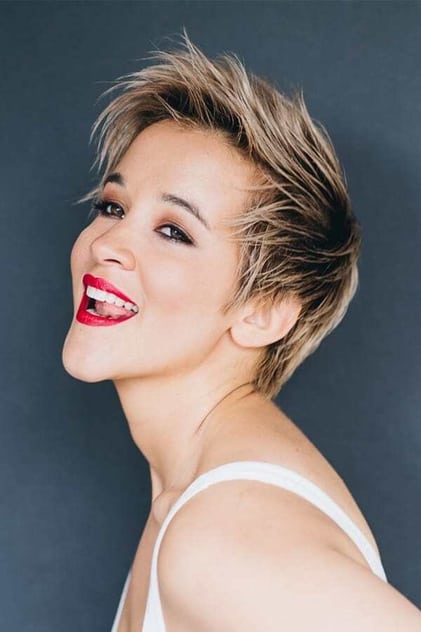
Dayle McLeod
Catherine 'Gypsy' Share
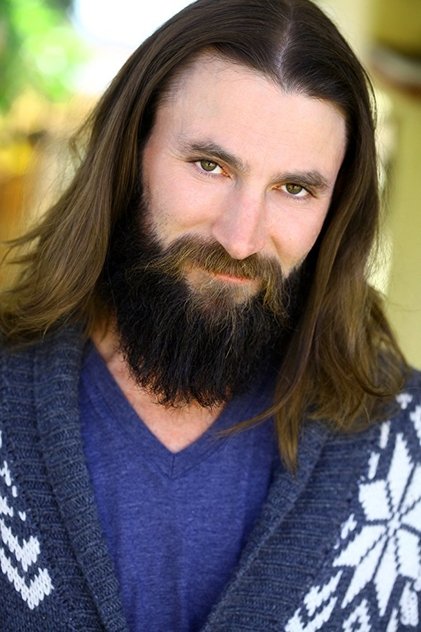
Jeremy Lawson
Danny DeCarlo
Trevor Brunsink
Donald 'Shorty' Shea
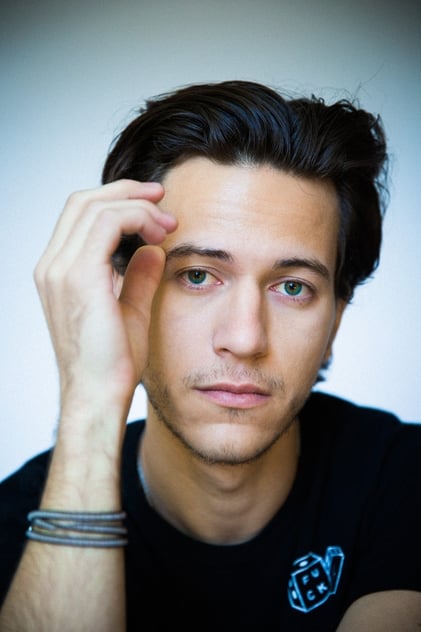
Dillon Lane
Gregg Jakobson

Aria Taylor
Dianne Lake
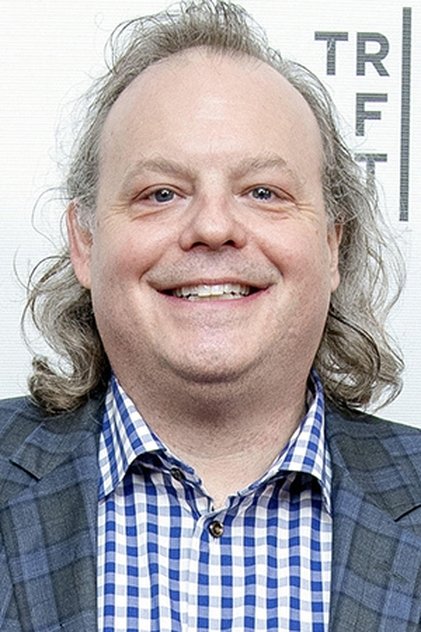
John Frank Rosenblum
Officer Cole

Danya LaBelle
Barbara

Sol Rodríguez
Gloria

Kimmy Shields
Vicki
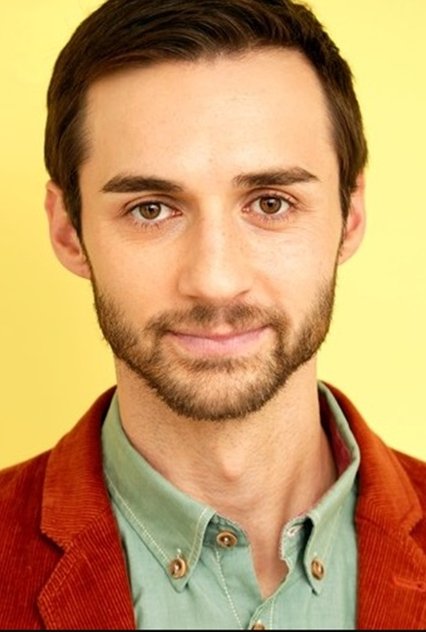
Aaron Leddick
Documentarian / Announcer
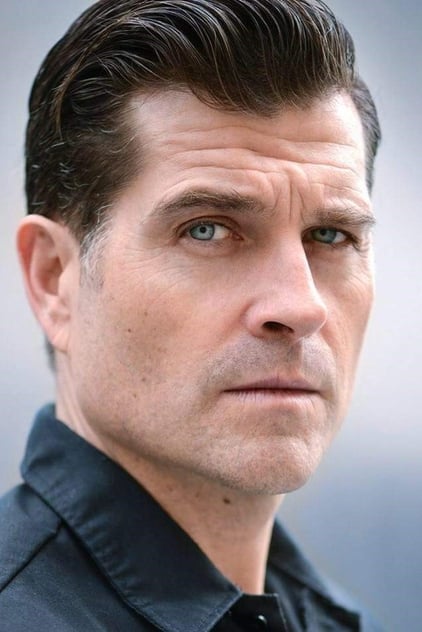
Blaine Gray
Golden Globes Guest
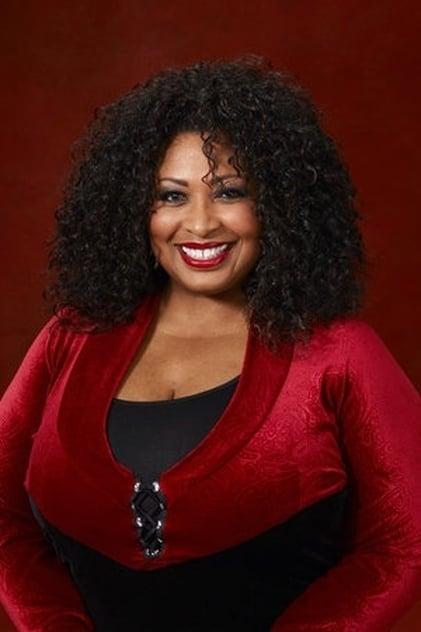
Kim Yarbrough
Tina
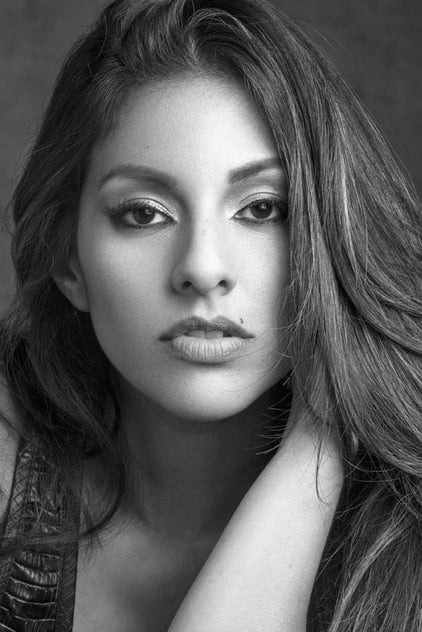
Tracy Perez
Carla
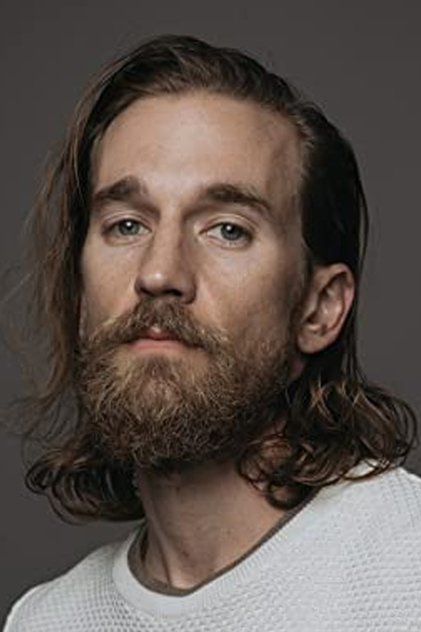
Anthony Traina
Phil
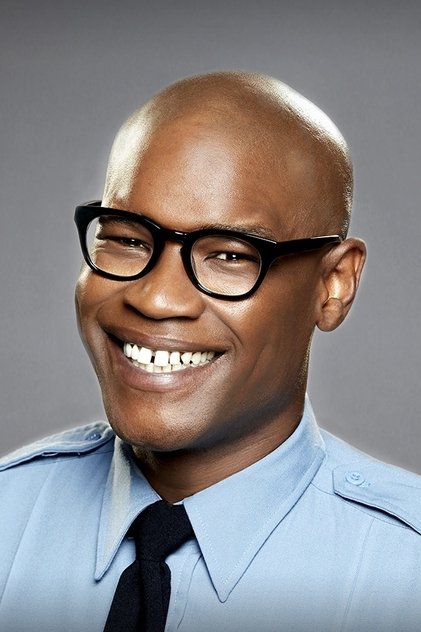
Darien Sills-Evans
Bill Morris
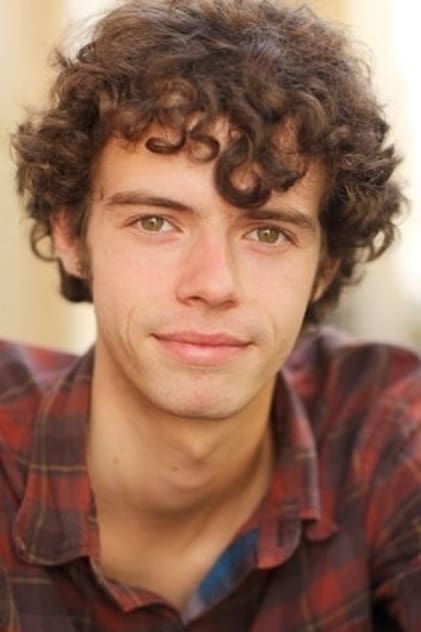
Christopher Gerse
Pete
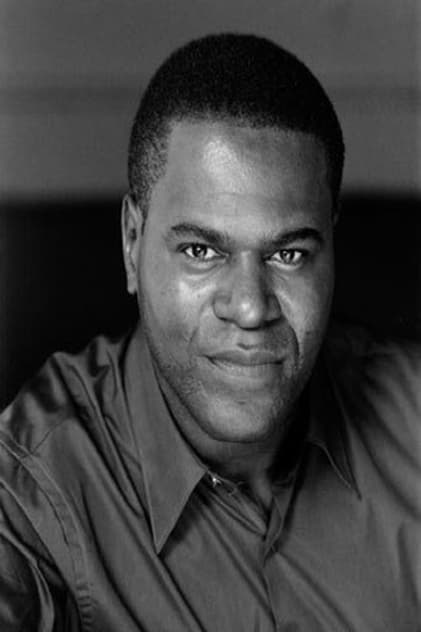
Tony Armatrading
Guard Carl
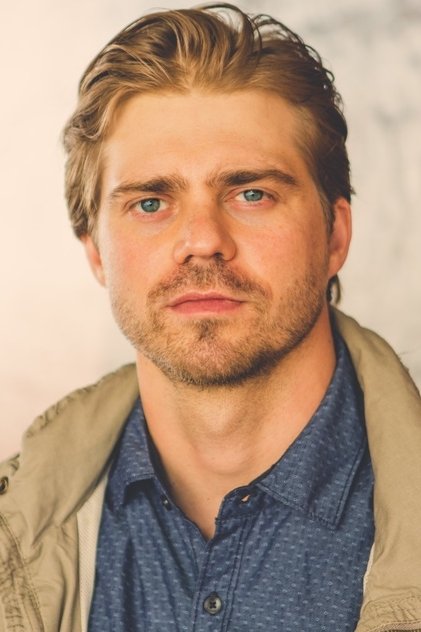
Nathan Sutton
Steve Somewhere
Kimberly Gikas
Kay
Adria Baratta
Officer Hamilton
Marlon Braccia
Mrs. Van Houten
Crew
Director
Mary Harron
Book
Ed Sanders
Book
Karlene Faith
Screenplay
Guinevere Turner
Reviews
themoviediorama
January 16, 2020
5
Charlie Says “follow my ruthless indoctrination with limited psychological depth”. Charlie also says “forget about ‘Doctor Who’, I can be a credible talent by portraying a notorious serial killer with a bushy beard and questionable accent”. What Charlie forgot to say though was “it’s still an ill-mannered interpretation of events that rarely conveys humanisation within its real-life human characters”. For a year that had approximately three feature-length titles depicting the murder of Sharon Tate, Harron’s meticulous angle is the most welcomed approach. Purely focusing on the “family” and how Manson brainwashed them into believing his own radical fantasy, the story hones in on a psychologist assisting three female followers in realising the reality of their heinous actions.
Consequently, the narrative written by Turner is constructed through the tired structure of flashbacks, whilst holding an ounce of gravitas. And I can visibly touch the intangible perspective that Turner aimed for. Almost tasting its ingenuity. Proposing a psychological position of events that have been retold repeatedly within cinema, by targeting the process of curing indoctrination. Yes, Sharon Tate and other rich folk get slashed, stabbed and butchered. However, instead of showcasing those murders for the sake of fulfilling the sadism of viewers, it holds intentions. Crucial events in the escalation of Manson’s brainwashing capabilities, puppeteering his female marionettes. Producing credible grounds for psychological analysis.
The fundamental issue though, is that the analysis and exploration of this psychosis is incredibly shallow. A noticeable absence of gradual cognitive dynamics between protagonist Leslie (aptly named Lulu by Manson) and her new leader. Manson’s omnipotent stance is addressed immediately with no real progressive foundations. An impressionable Leslie is recruited and just happens to follow Manson’s orders without hesitation. That inner moral conflict between everything she once knew and all that she relinquished was missing. Occasionally, her abrupt pauses and glistening eyes, which were portrayed eloquently by Murray, illustrated indications of self-questioning. Yet somehow felt forced, juxtaposing her initial stance when recruited.
Fortunately their incarceration at the institution meant that their ideals and beliefs could be interrogated, likening Manson’s infectious faith to an extreme Christian denomination. Although not as much of the runtime was expended on this acute angle that would’ve made for a more engaging psychological drama. A shame really as it wastes the talent of Wever. Smith offered a credible portrayal of the eponymous murderer, yet personally was unable to break away from his usual quirks cemented in his stint on ‘Doctor Who’. The whole talking to inanimate objects and nonsensical splurges about nothing. It must be infuriatingly difficult for him, but he did a decent job by showcasing his versatility. Even if his Northamptonshire accent popped in to say “alright mate?” from time to time.
Overall, a frustrating biographical film, I must say. The approach to the “family” was, dare I say, near-perfect. However the absence of emotional, psychological and structural depth resulted in a middling drama that simply retold events, rather than powering them. Charlie said “jump!” but Harron and Turner were unable to reach his intended height. Missed opportunity to title this “Charlie’s Angels” though...
Media
Recommendations
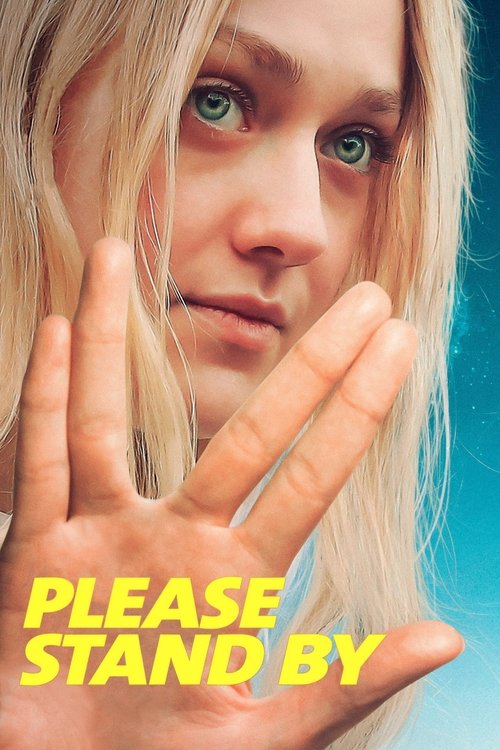
Please Stand By
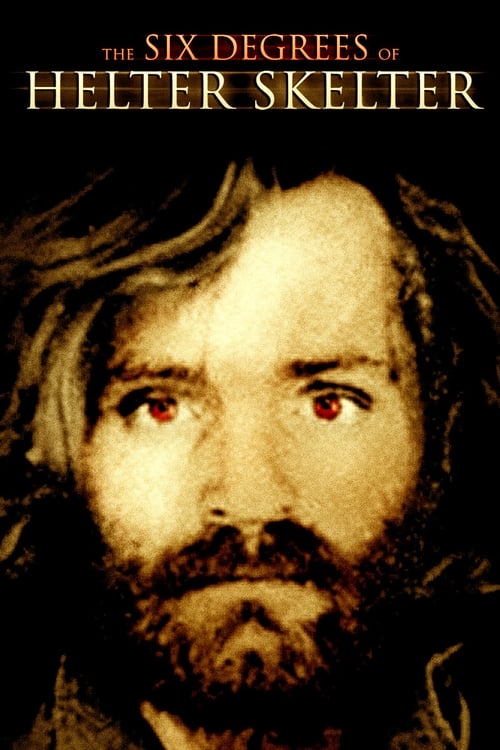
The Six Degrees of Helter Skelter
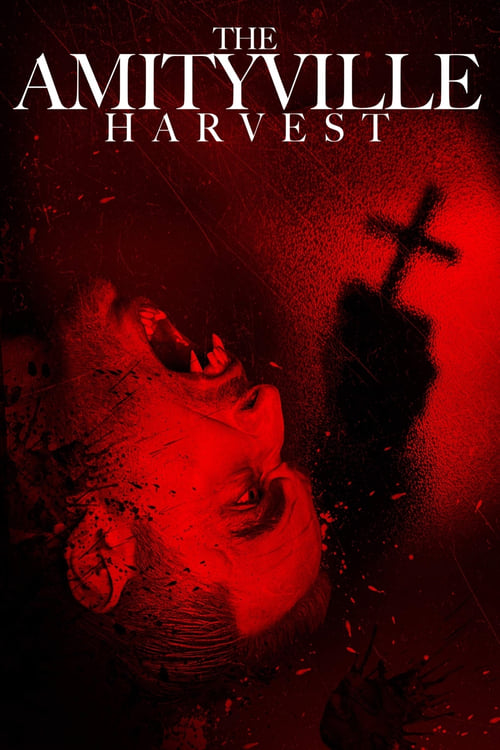
The Amityville Harvest
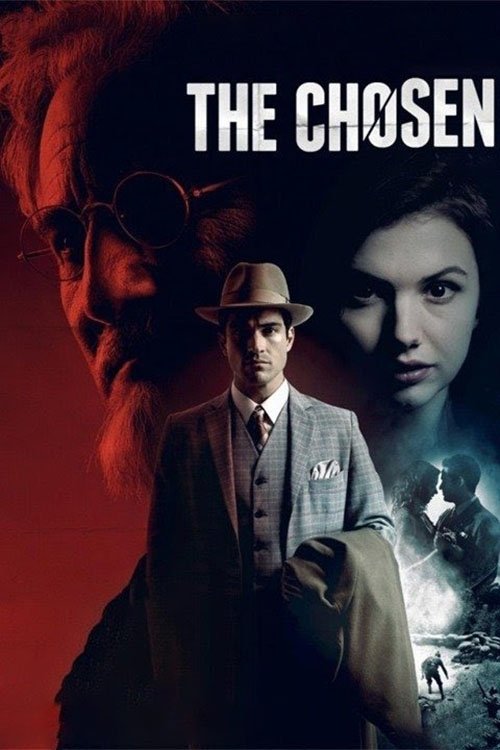
The Chosen
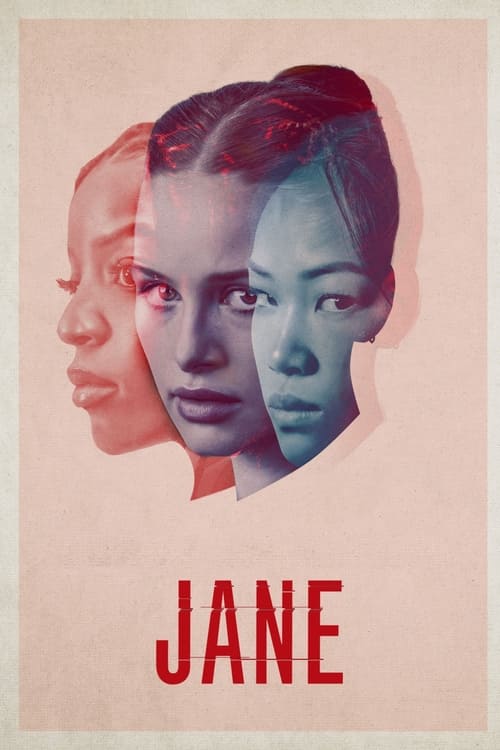
Jane
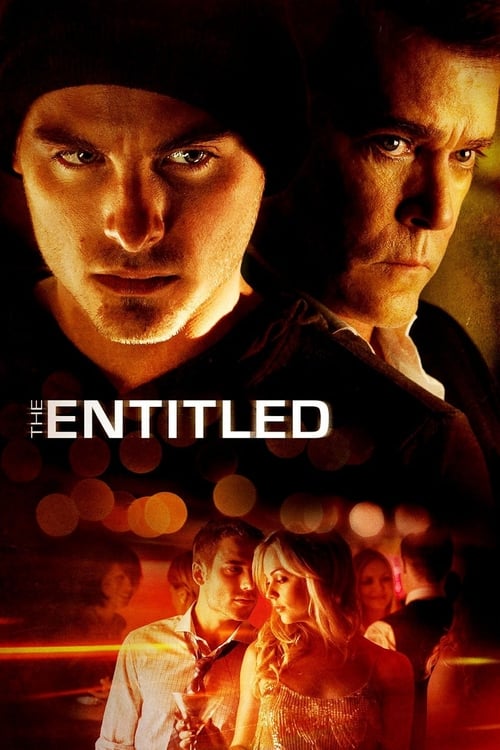
The Entitled

Untouchable

The Deep
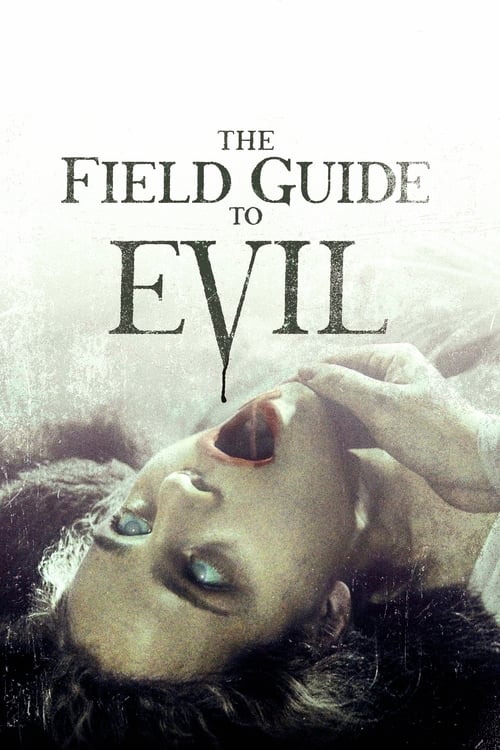
The Field Guide to Evil

Seven Days War
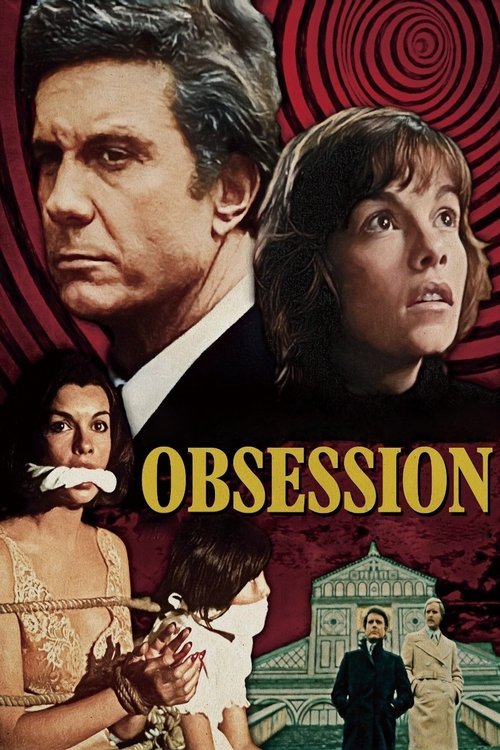
Obsession
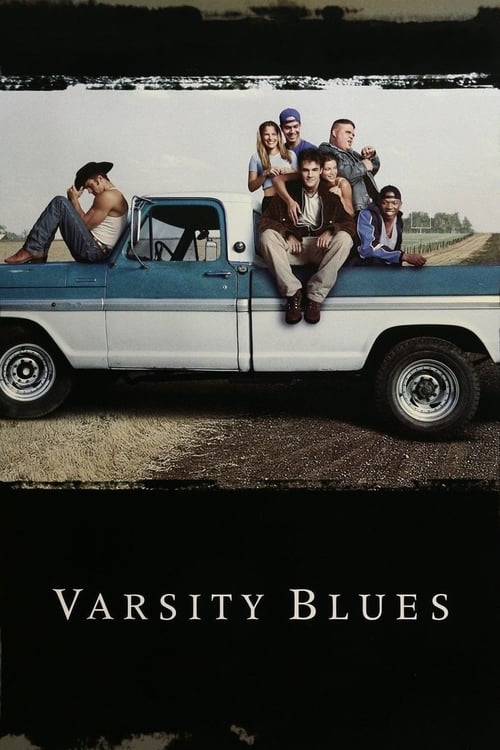
Varsity Blues
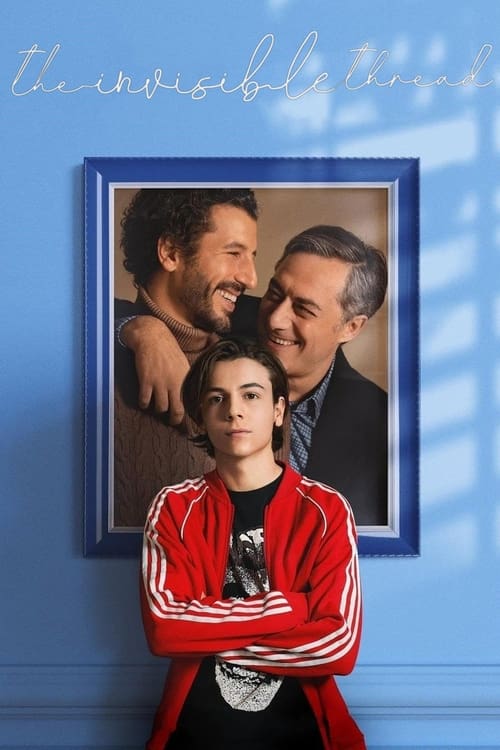
The Invisible Thread
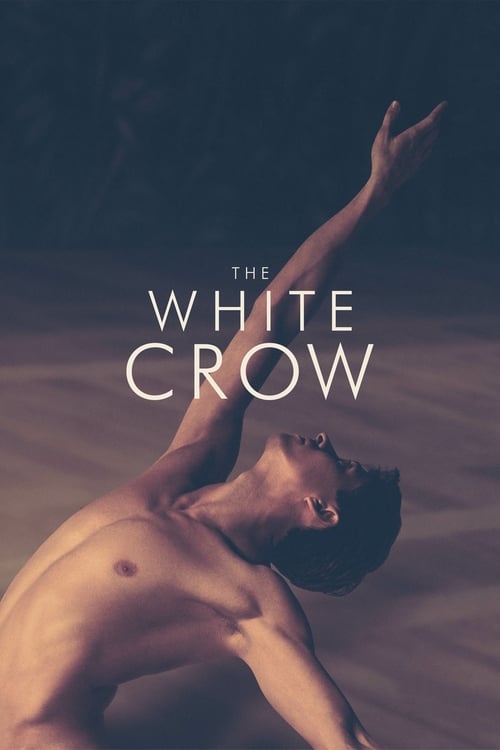
The White Crow
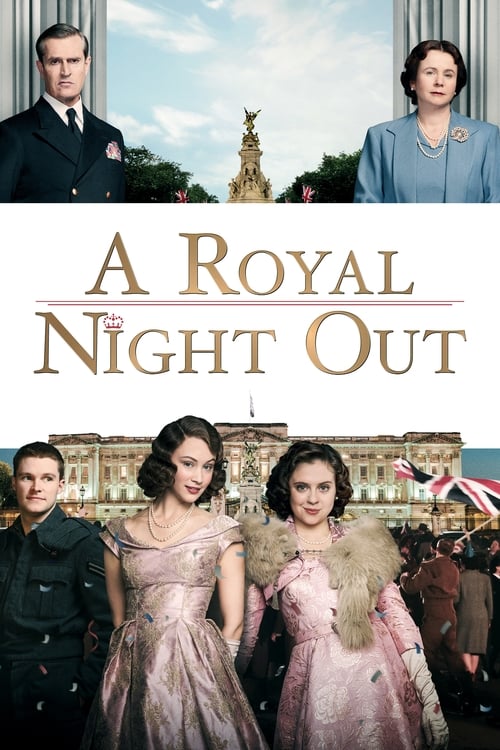
A Royal Night Out

Windfall
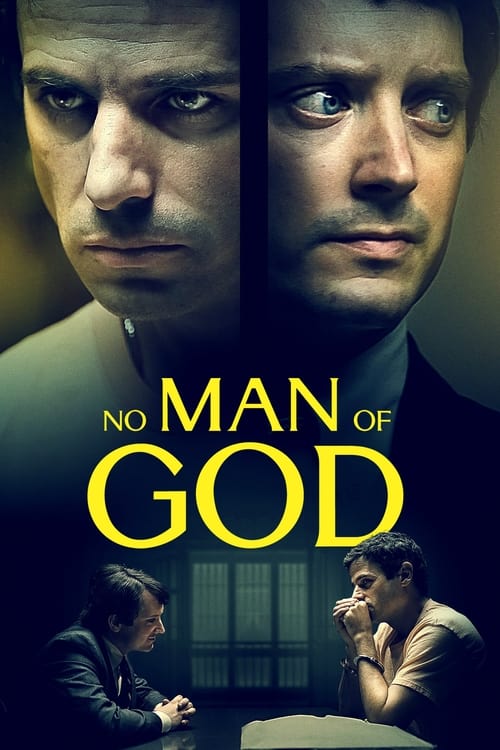
No Man of God
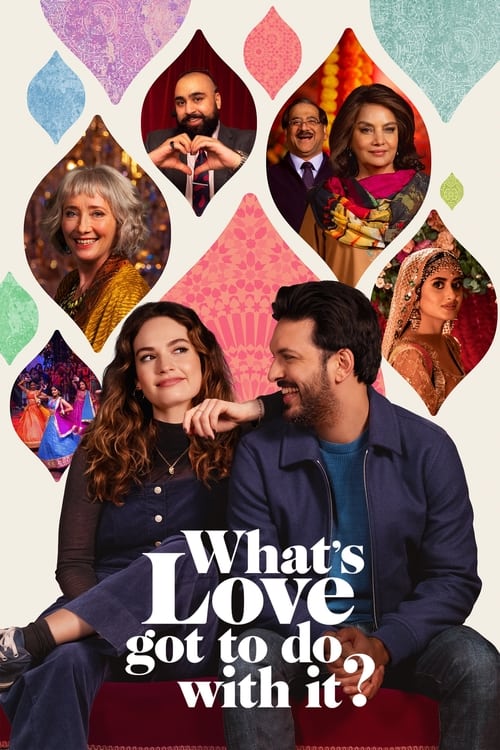
What's Love Got to Do with It?
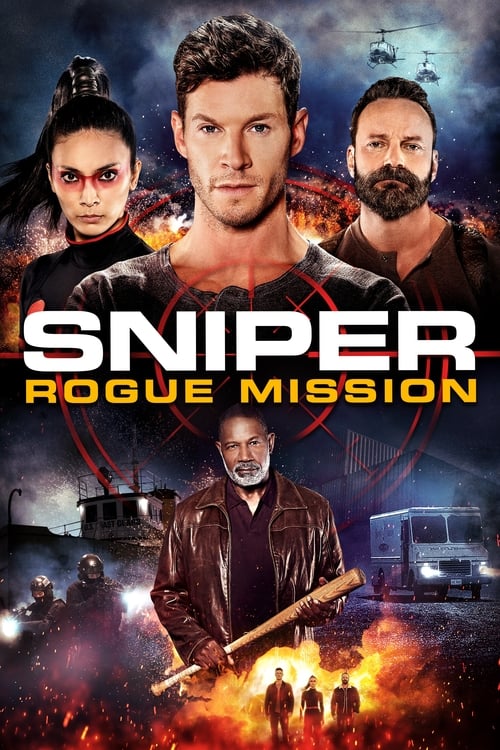
Sniper: Rogue Mission
